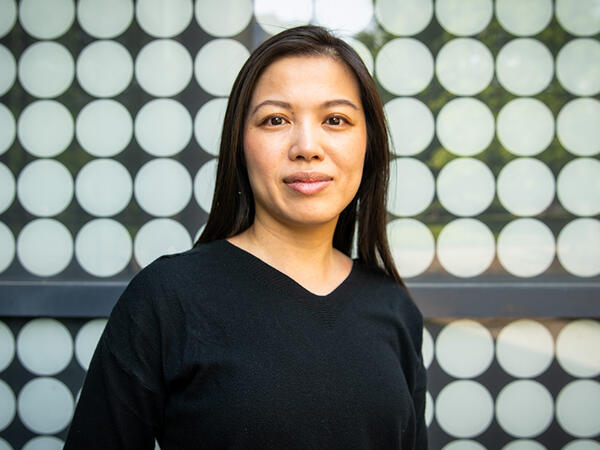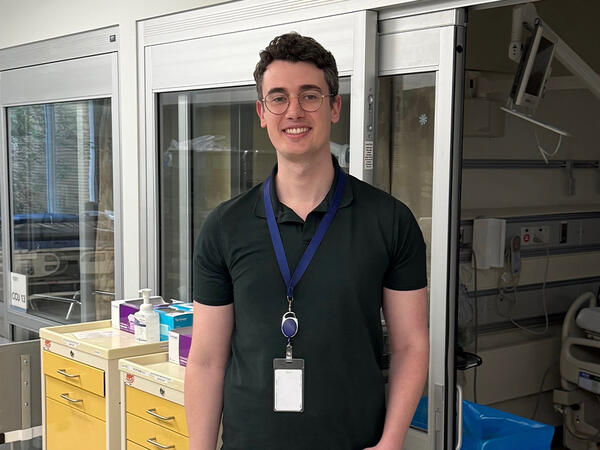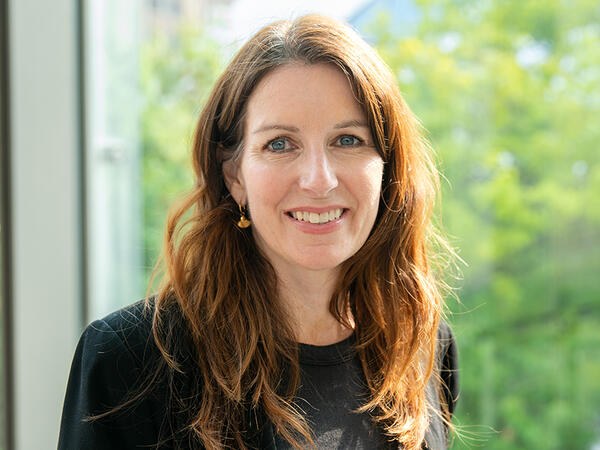What is your academic background and why is your current area of research important?
I completed my honours BScPhm in the Department of Pharmaceutical Sciences at Suez Canal University in Egypt with a specialization in clinical pharmacy. This degree satisfied my curiosity about the drug development process from bench to bedside and provided me with a strong background in drug pharmacology, therapeutic management, and patient care. My interest later shifted to the complexity of drug safety and effectiveness and my passion was directed to the field of pharmacoepidemiology. This research field conducts population-based studies to provide real-world evidence about the safety and effectiveness of available medications. I started my MSc training in 2022 under the supervision of Dr. Suzanne Cadarette, a leading pharmacoepidemiologist and health services researcher. We leverage healthcare administrative databases to study the utilization of osteoporosis medications and evaluate their safety, effectiveness and optimal use on the population level.
What led you to your current Supervisor’s research group?
Dr. Cadarette is a top-tier researcher in the field with a diverse portfolio in osteoporosis research. Before meeting the team, I was impressed by the diligent approaches they adopted and their impactful studies that inform policy decision making. This made me excited about the learning environment that I will be part of and made me confident about the methodological skills I will gain through my thesis. Since I began my MSc training, I learn new things every day and my thinking is consistently pushed towards creative research questions and new study designs.
What are some of the challenges you had to overcome while pursuing your research?
Our field of research depends on epidemiologic study designs and statistical coding, which I did not have a strong background in. Learning new skills was challenging; however, the engaging learning environment I was immersed in, along with the constant support from my supervisor, my fellow graduate students and our analyst helped me catch up quickly. Further, the courses I was enrolled in, at the Leslie Dan Faculty of Pharmacy and outside the faculty, helped my lay a strong foundation about epidemiology and statistical techniques.
How do you see your current research playing a role in your career?
I want to have a career in academia and I am confident that working with Dr. Suzanne Cadarette will help me earn the methodological techniques and skills required to achieve my goals. I believe in the power of pharmacoepidemiology to revolutionize clinical and regulatory decisions, leading to a more efficient healthcare system. Therefore I want my graduate training to be my stepping stone towards a significant contribution in the field of health services research.
What do you like to do when you are not working on research?
When I am not working on research, I meditate, listen to music or go for a hike!
More News
Image

Welcoming Ivy Lam as Academic Lead in Climate, Health & Sustainable Care
Assistant Professor Lam will guide the Leslie Dan Faculty of Pharmacy's efforts to embed environmental sustainability across the Faculty.
Read More
Image

Pharmacy alum’s research shows how full-scope practice improves cancer care
Honoured with a national award, Adrian de Boer says his residency experience was a powerful reminder that he's making a meaningful change to the pharmacy profession.
Read More
Image

Pharmacy alum passionate about helping community pharmacists practice to full scope
As a pharmacy leader at Rexall, Heidi Wittke uses frontline experience to lead initiatives that improve patient care
Read More
